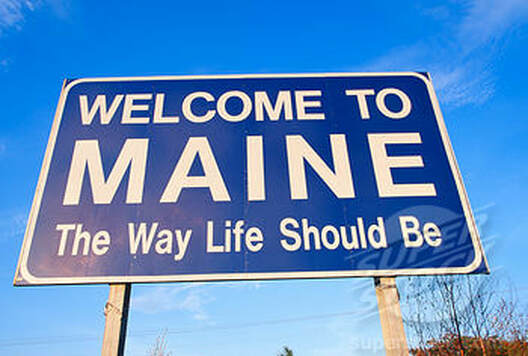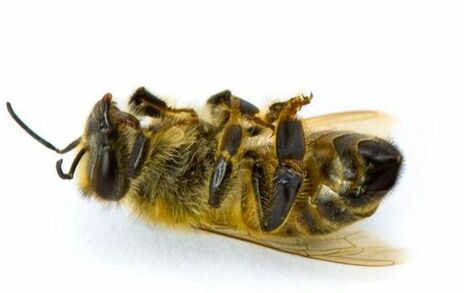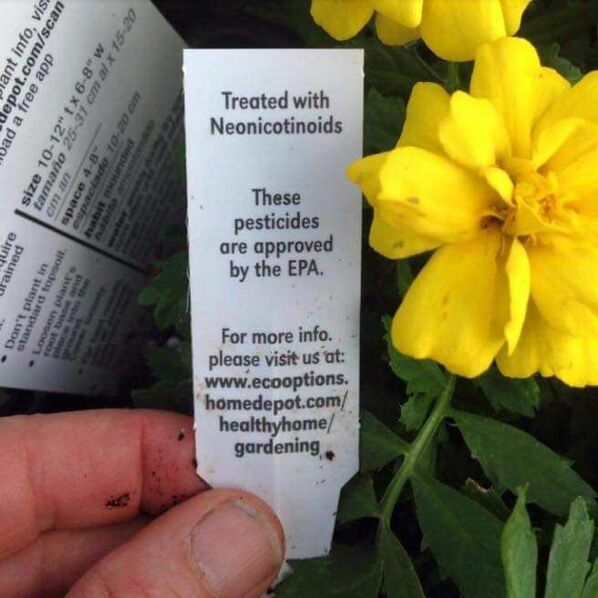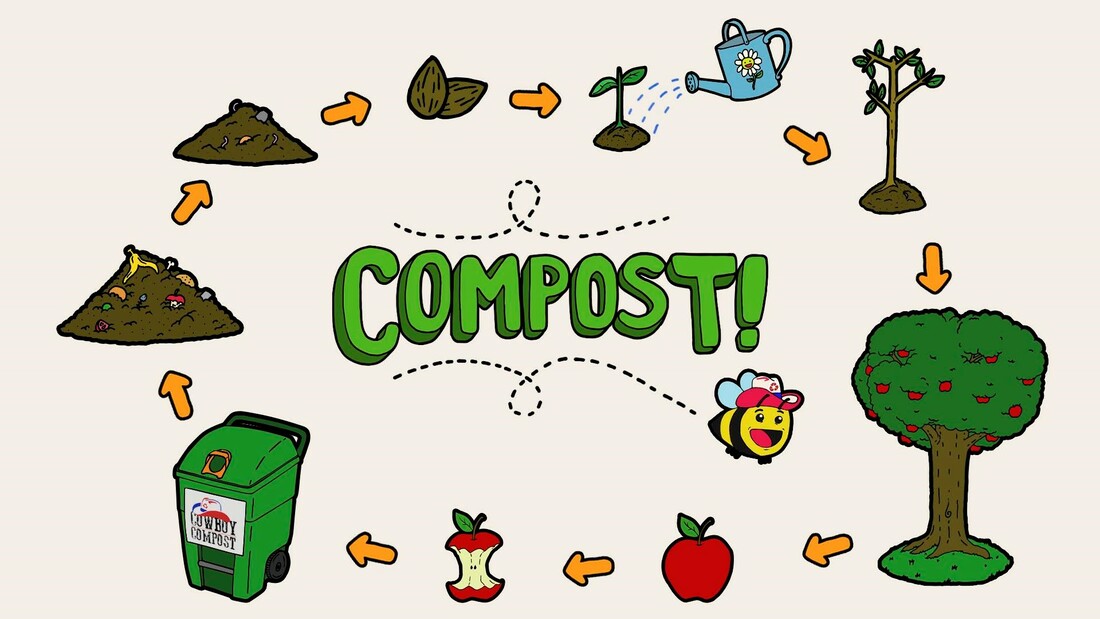|
Those of us lucky enough to live within driving distance of the great state of Maine are familiar with this sign that welcomes us as we cross the boarder. This week Maine added one more reason for us to believe the slogan is true: As of January 1, 2021 restaurants, coffee shops, grocery stores, and all other food service businesses will no longer be allowed to use Styrofoam to-go containers or plastic beverage stirrers.
Polystyrene (Styrofoam is the brand name) cannot be recycled, so while that cup of coffee may be finished, the Styrofoam cup it was in is not. In fact, it will be around for decades to come and eventually it will break down into particles, polluting our environment and hurting our wildlife. Foam also absorbs toxins faster than other plastics and is mistaken for food by marine life. And the toxins that wildlife consumes makes its way up the food chain into people. The Natural Resources Council of Maine estimates more than 256 million pieces of disposable foam cups, plates, bowls, platters, and trays are used every year - just in Maine alone. Considering Maine is only the 42nd most populated state...just imagine what that number looks like nation-wide. Maryland's legislature also has approved bills to ban polystyrene, but it's unclear whether Republican Gov. Larry Hogan will sign the legislation. Let's hope he does and we can keep the momentum rolling into other states. Want to see something similar happening in your state? Contact your local state representative. All of these bills start with a single rep proposing them, so find out if yours feels as strongly about this as you do. And if they don't - vote for someone who does next time you have the chance. These things don't happen overnight but they do happen eventually when enough people care. Excerpts from this article were taken from the following article posted on CNN.com 5/1/19
1 Comment
I'm going to get right down to business today when talking about mosquito spraying. I understand that people hate mosquitoes for the annoying itchy bite they give and more so for the fact that they can transmit diseases. But widespread pesticide spraying is killing a lot more than just mosquitoes. With that being said, I want you to think for a minute about the effects of blanket pesticide spraying over entire areas (by truck and/or by helicopter) on our environment and our fragile ecosystem.
In April 2016, researchers reported that honeybee keepers lost 44 percent of their colonies in the prior 12 months. That's up from 42.1 percent in 2015 and 39 percent in 2014. 2015 was the first time in history that beekeepers lost more bees during the summer than in the winter. If colony collapse disorder continues at the current rate, managed honeybees will disappear by 2035. Colony collapse disorder was recognized as a serious threat in 2006. Scientists suspected viruses, pesticides, and fungicides made the bees vulnerable to mites. Nice flowers. Wait, what's that, they were treated with pesticides? Oh never mind, the pesticides were approved by the EPA so they must be safe, right? Hmmm, so why would Home Depot go to the trouble of putting this tag in there telling you where to go for more information? Is it because we have now confirmed Neonicotinoid use is harmful to bees and just may be a major contributing factor to colony collapse disorder? Is it because THE ENTIRE EUROPEAN UNION voted to ban it from being used at all outdoors? Seems like there was plenty of room to print that on there. Here, let me fix it for you Home Depot:
Obviously gardening is a main focus of the site, and composting is a huge part of organic gardening at home, but even if you don't have a garden or a yard you might find some benefits to composting anyway. One very practical reason is it cuts down on trash. If you live somewhere you have to bring your own trash to the dump or have a bin provided by the town with limited space, composting will turn a good size portion of that garbage into something beneficial you can use or give away to a lucky friend. What is composting anyway?If you want to do some detailed reading on the subject, we have covered it here in our Gardening section. If you want the short version, the picture above pretty much sums it up.
|
Growing Ambition BlogWe'll cover a number of topics here from environmental issues to plant based recipes and everything in-between Archives
March 2020
Categories
All
|




 RSS Feed
RSS Feed